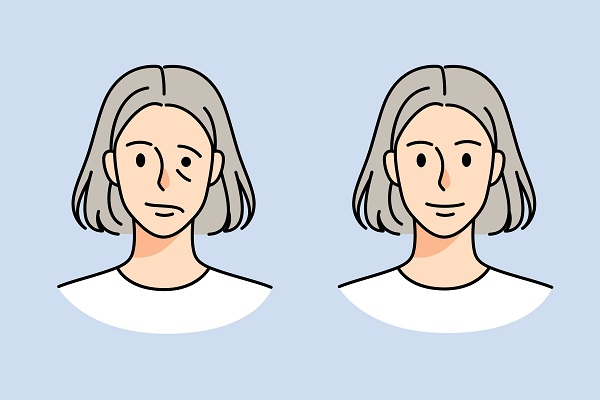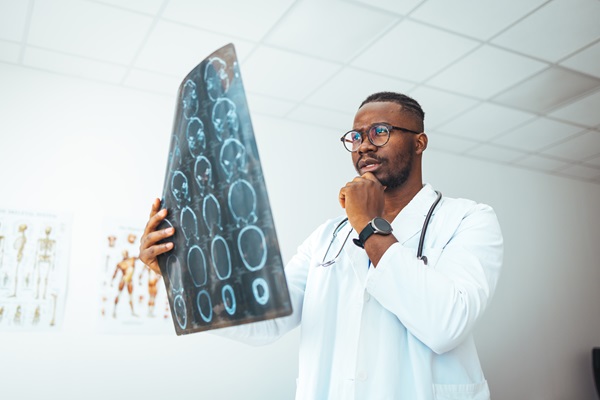Treatment for Facial Paralysis

Facial paralysis does not always require treatment. Sometimes, doctors will recommend continuous monitoring of the condition. For example, facial paralysis caused by Bell’s Palsy will usually go away in six months. The treatments designed to treat this condition depend on the patient’s age, the cause of the paralysis, the severity of the paralysis, and the duration of the symptoms. Treatments can also vary between invasive surgeries and non-invasive therapies.
Treating facial paralysis
There are many ways to treat facial paralysis, but it depends on the severity of the symptoms and the cause. Paralysis of the facial muscles may either be temporary or permanent. Usually, surgeons determine the treatment to reverse the effects of the paralysis. The aim is to return its functions to normal. The doctors have to consider how long the paralysis has been present. They also need to know if it is complete or incomplete paralysis.
Facial paralysis surgery
Most people think that surgery is the only way to get the facial muscles to move again. This type of medical procedure is when a plastic surgeon uses all or parts of the muscles, nerves, or both from the other body parts to restore the motion on the lower half of the face. The procedure is also called facial reanimation surgery. Usually, a team of facial plastic surgeons does the operation.
Nerve transfers
It is possible to transfer another nerve to the area of the face that lost nerve function. However, this can only be done immediately after the injury happens. When timed right, the procedure is usually successful. The transfer of a nerve from other parts of the body will reinnervate the face muscles.
Oral steroids and therapy
Certain causes of facial paralysis will not need surgery. People who suffer from Bell’s Palsy may only need six months to fully recover. In those six months, the patients can get their facial muscles moving again. However, doctors will recommend for the patients to take oral steroids and other antiviral medications to boost the chances of complete recovery. Doctors may also suggest therapy to strengthen the muscles and prevent further damage.
Powering the gracilis muscle
The facial muscles are responsible for the movements on your face. However, they are also most affected by injuries on the facial nerves. Doctors suggest muscle transfer procedures, such as the gracilis transfer, to address this problem. That will require two separate surgeries. The first is the movement of a nerve to a facial area, and the second is the transplantation of the gracilis muscle itself.
Listen to doctors
First and foremost, listen to doctors. No one else knows what to do but medical practitioners. They are trained to diagnose and design a treatment plan for people with facial paralysis. While most cases can go away on their own, some scenarios would require surgical procedures, rehab therapy, and long-term care. Always seek the opinions of doctors when faced with a medical problem.
Check out what others are saying about our dental services on Yelp: Facial Paralysis in Phoenix, AZ.
Recent Posts
A brain surgeon can diagnose and treat neurological problems. A simple exam can help create the right treatment plan for these ailments. Seeing this healthcare professional is crucial in improving your quality of life. Here are the details on how your brain surgeon addresses urgent neurological problems.This healthcare professional will perform an extensive neurological exam…
The Journal of neurosurgery states that about 12.8 million people worldwide require neurosurgery treatments yearly. The term "neurosurgery" refers to surgical treatments performed on the central nervous system, which consists of the spinal column, spine, and brain.These procedures might be recommended to treat various issues like herniated discs, spinal cord disorders, and nerve pain. A…
Sciatica is a debilitating condition characterized by pain radiating along the path of the sciatic nerve. This condition can significantly impact your quality of life. While most cases are treatable with conservative treatments like physical therapy, medication, and lifestyle adjustments, some may require surgery.Surgery may be a viable option when a patient continues to feel…
Spinal stenosis is a condition that affects millions of individuals worldwide, primarily those over the age of 50. It occurs when the spaces within the spine narrow, putting pressure on the spinal cord and nerves. This spinal disorder can lead to pain, weakness, and reduced mobility, causing a severe impact on a person's quality of…


